Section: Environment
There are more than 60 results, only the first 60 are displayed here.
Become a subscriber for more search results.
-

ENVIRONMENT
- Cardinal Soane Patita Paini Mafi
- 06 March 2023
4 Comments
Increasingly frequent and severe weather events are leaving Pacific Island nations struggling to rebuild. The region needs nearly US $1 billion per year in financing to adapt to climate change but with lengthy delays and complex grant applications, accessing funds is a challenge.
READ MORE
-
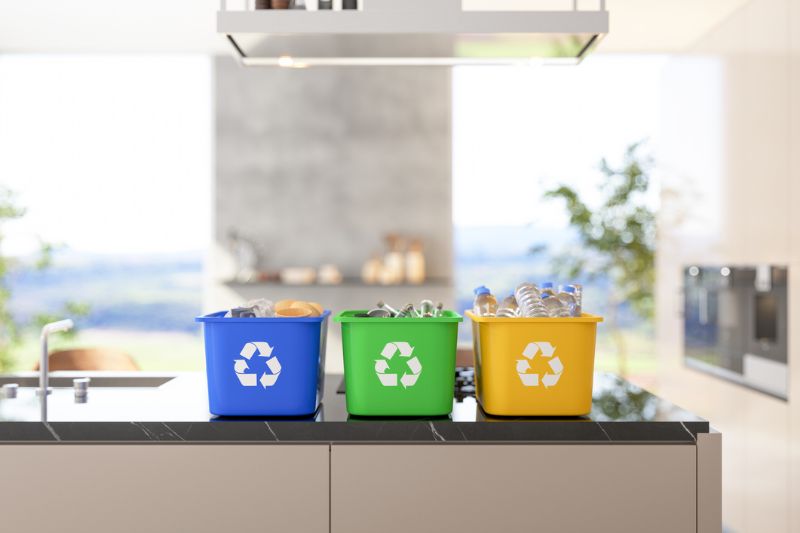
ENVIRONMENT
- Andrew Hamilton
- 01 September 2022
2 Comments
To address climate change demands concerned action that is built on people working together for the good of all. This in turn demands the recognition that the environment is not something different from us but part of us. Our personal good depends on the common good of our world.
READ MORE 
-
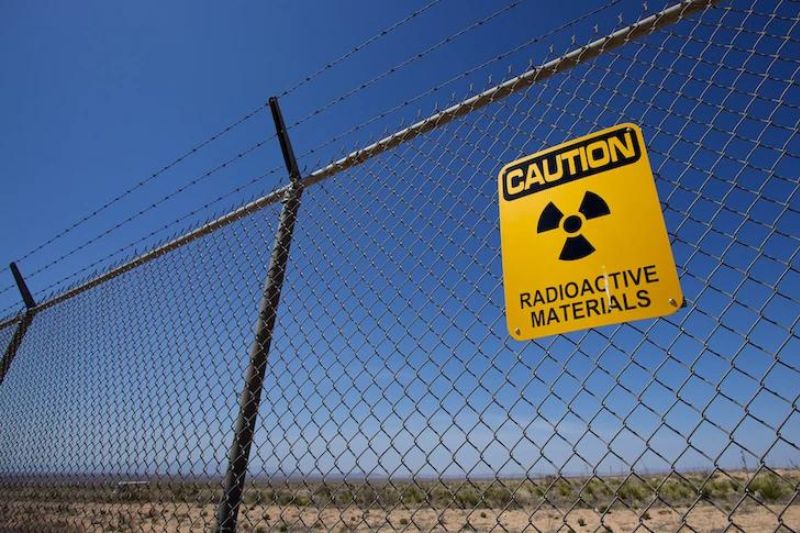
ENVIRONMENT
- Michele Madigan
- 04 August 2022
9 Comments
With $1 trillion of debt accumulating over the last seven years in attempts to establish a National Radioactive Waste Management Facility, the new Labor Government is facing mounting pressure to rethink the nuclear waste storage plan for Kimba.
READ MORE 
-
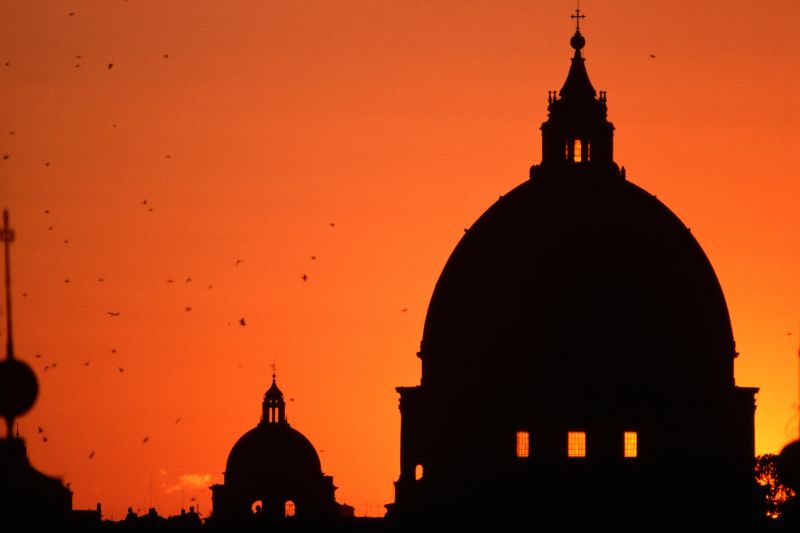
ENVIRONMENT
- Stephen Minas
- 14 July 2022
3 Comments
Indicating the Vatican will be stepping up its climate diplomacy, the Holy See is now a formal party to the UN Framework Convention on Climate Change and has declared it intends also to formally join the 2015 Paris Agreement. The Holy See announced that it would be acceding to the Paris Agreement as soon as that treaty’s ‘legal requirements’ allow.
READ MORE 
-
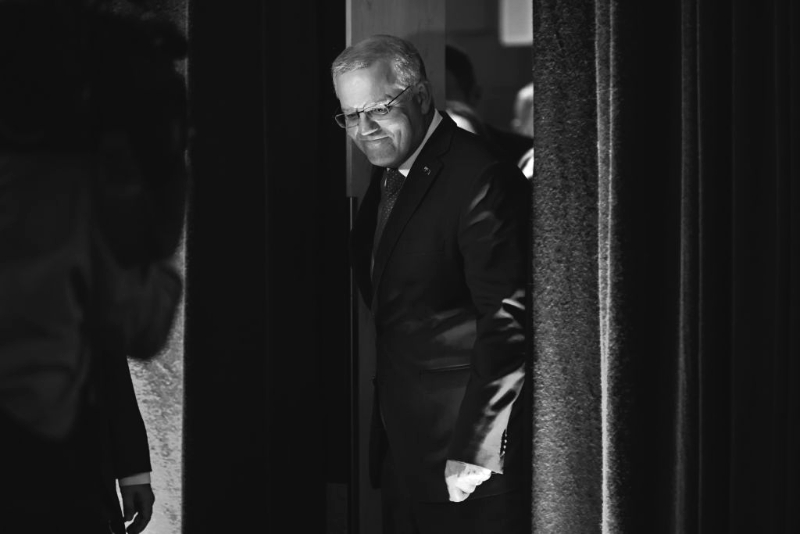
ENVIRONMENT
- Stephen Minas
- 09 June 2022
9 Comments
The Liberal wipeout in inner-city electorates is without precedent in Australian politics. For the Liberal Party, ‘existential crisis’ is not an overstatement. As the party founded by Robert Menzies finds itself in the hall of mirrors, climate policy should be a major focus of critical self-appraisal.
READ MORE 
-
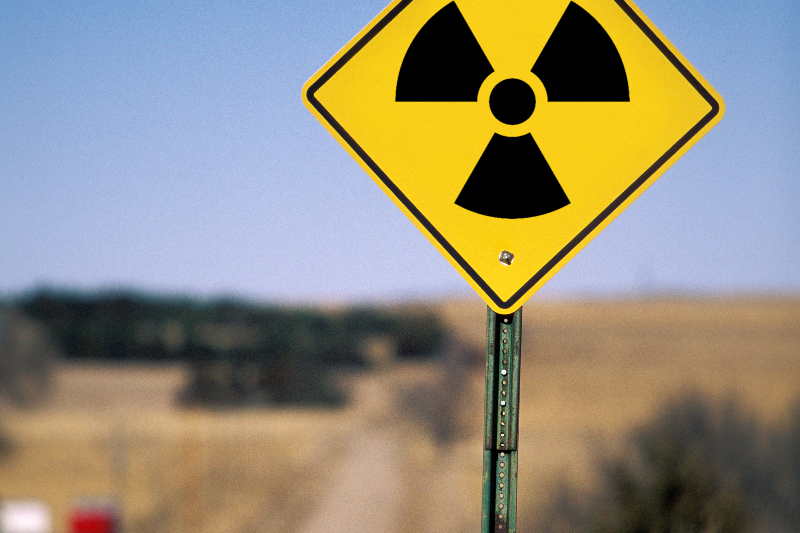
ENVIRONMENT
- Michele Madigan
- 15 March 2022
12 Comments
The long conflict between the federal government plan for a national radioactive waste facility in South Australia and the opponents of the plan has continued to escalate in the past months. On 19 November, Kimba on SA’s Eyre Peninsula was declared South Australia’s Agricultural Town of the Year. Notwithstanding this significant honour, on 29 November the federal Minister for Resources Keith Pitt finally made the formal declaration that Napandee in the Kimba district was the chosen site for the proposed federal radioactive waste dump.
READ MORE 
-
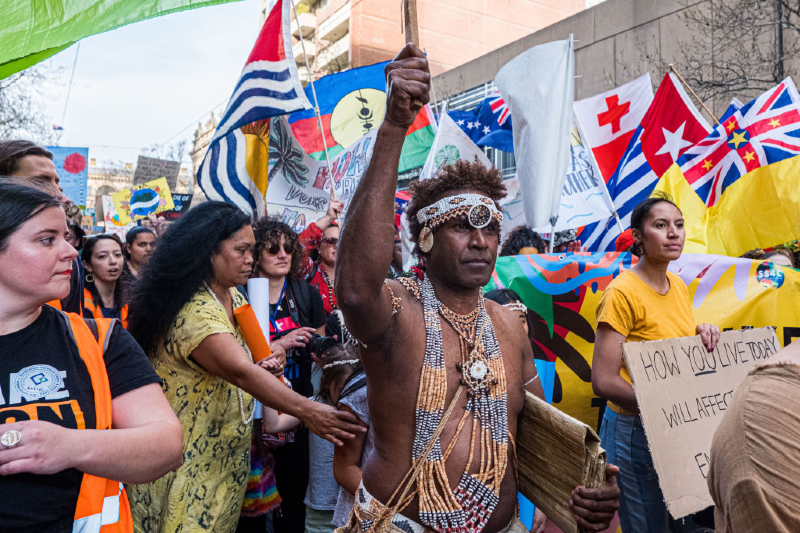
ENVIRONMENT
- Cristy Clark
- 11 January 2022
3 Comments
On a superficial level, it makes no sense to commit so strongly to managing the impacts of climate change (adaptation) on the one hand while refusing to significantly reduce emissions (mitigation) on the other. On the other hand, when you start to unpack the logic of so much adaptation policy, this contradiction fades away.
READ MORE
-
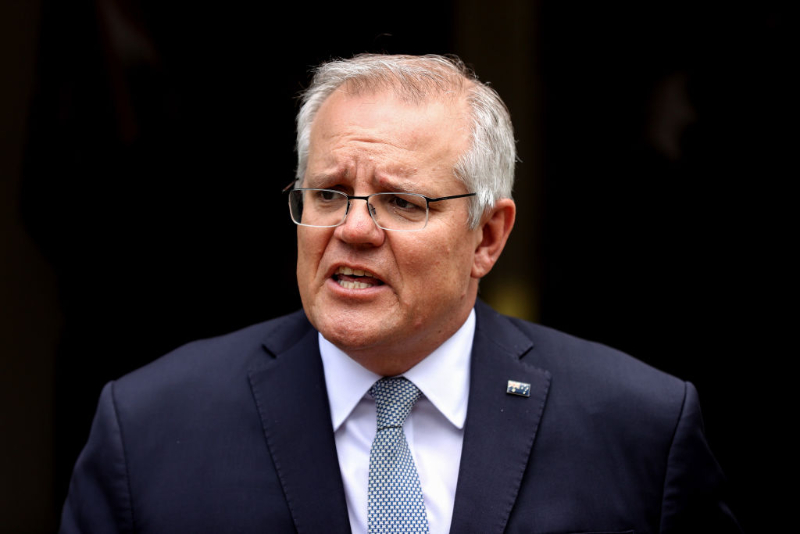
ENVIRONMENT
- Greg Foyster
- 27 October 2021
8 Comments
After an excruciating few weeks of negotiations with the Nationals — and far too many hours subjected to Barnaby Joyce’s ramblings — the Morrison government has finally announced their predictably underwhelming plan to reach net zero emissions by 2050.
READ MORE 
-

ENVIRONMENT
- Cristy Clark
- 21 October 2021
7 Comments
On 8 October, at its 48th session, the United Nations Human Rights Council formally adopted a resolution recognising the human right to a clean, healthy and sustainable environment. It emphasises that ‘environmental degradation, climate change and unsustainable development constitute some of the most pressing and serious threats to the ability of present and future generations to enjoy human rights, including the right to life’.
READ MORE 
-
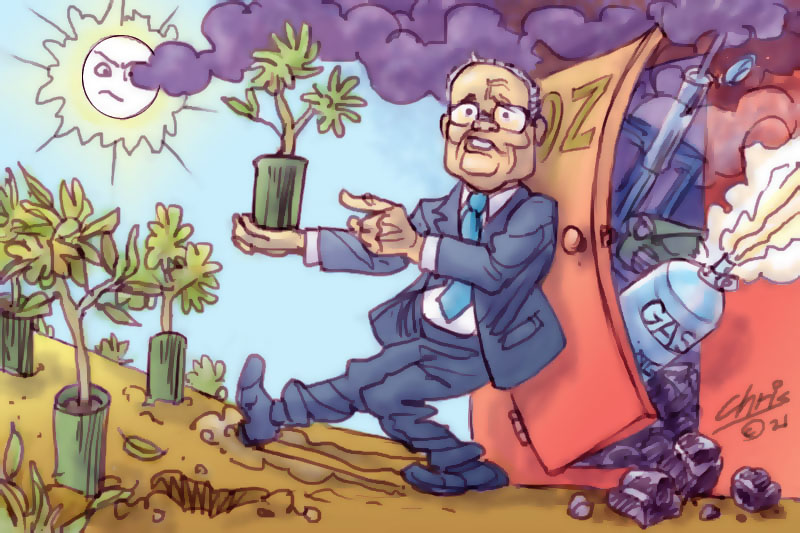
ENVIRONMENT
- Greg Foyster
- 18 October 2021
16 Comments
In July this year the UN ranked Australia dead last out for climate action out of more than 170 countries surveyed. Yes, our federal government’s climate policies are literally the worst in the world. But while Australia is a global laggard in reducing pollution, we’re something of a leader in covering up this failure and getting away with it.
READ MORE 
-
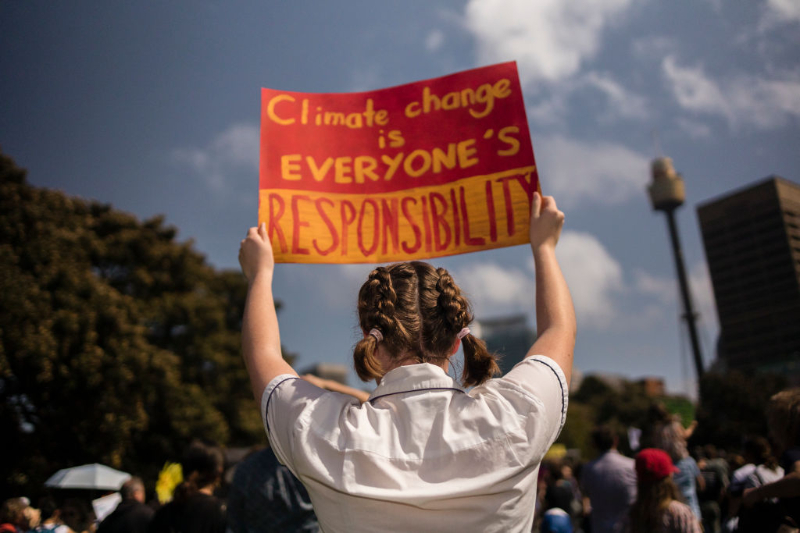
ENVIRONMENT
- Cristy Clark
- 13 September 2021
7 Comments
It was reported recently that Coalition MPs have been calling for an expansion of the government’s school chaplaincy program in order to reduce the mental health impacts of climate change ‘activism and alarmism’ on children. Yes, that’s right, they want to address the mental health impact of activism, not the impact of the actual, visible effects of climate change itself, or the very real threat that it poses to children’s futures.
READ MORE 
-
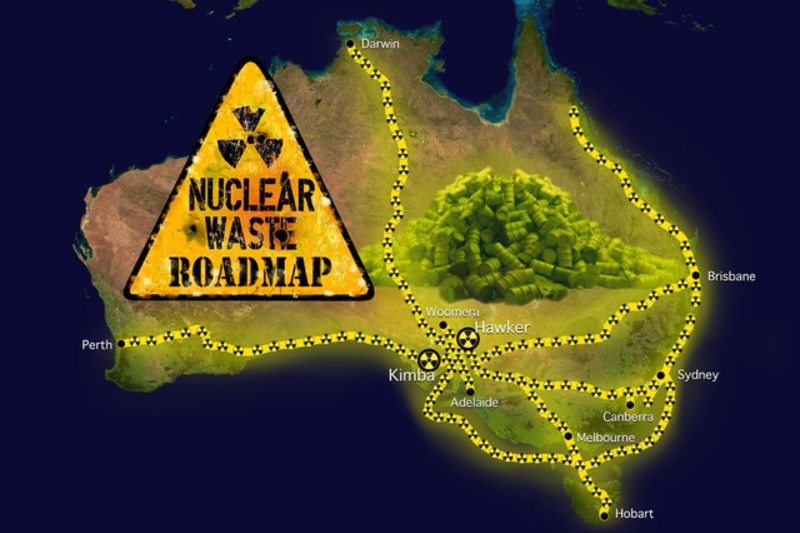
ENVIRONMENT
- Michele Madigan
- 26 July 2021
15 Comments
For several decades, successive federal governments have tried but failed to establish a national nuclear waste repository, primarily to take waste from the nuclear research reactor site operated by the Australian Nuclear Science and Technology Organisation (ANSTO) at Lucas Heights, 30 km south of Sydney. Currently a site near Kimba on South Australia's Eyre Peninsula is being targeted.
READ MORE 